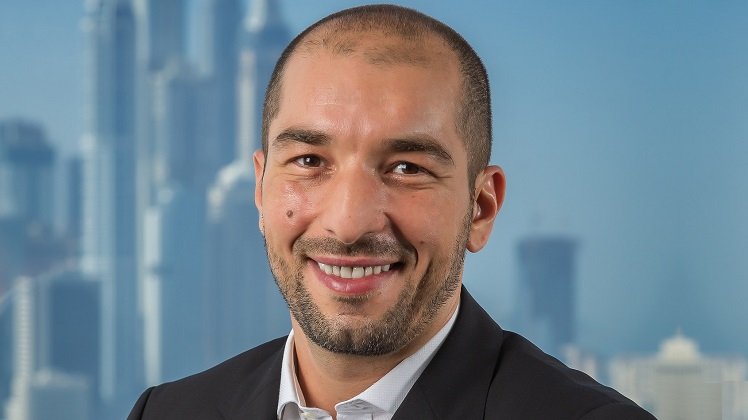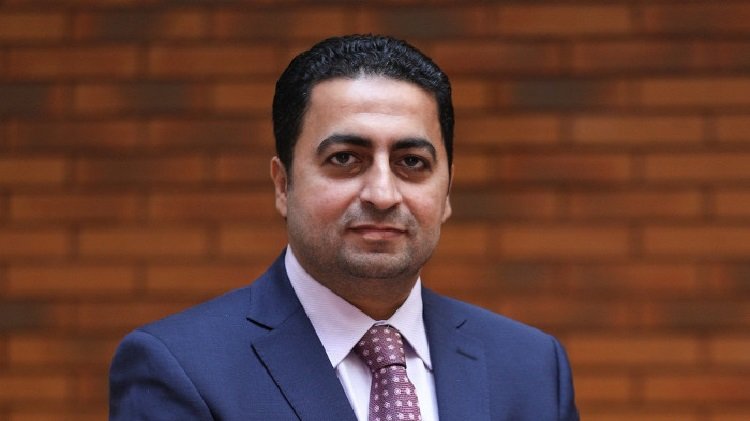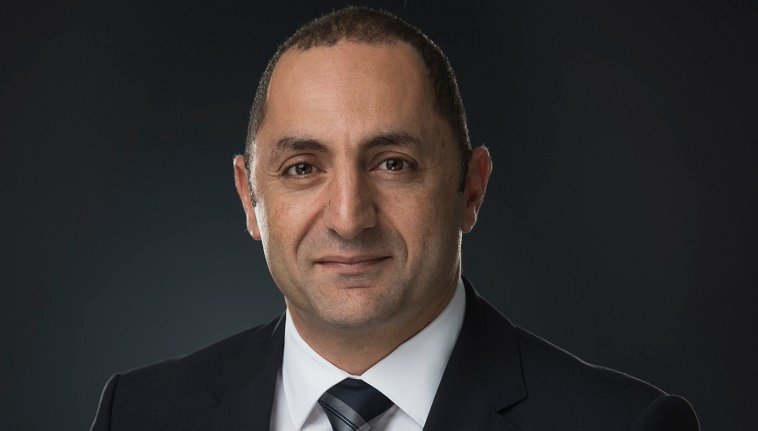Egypt is one of the fastest-growing ICT markets in the region. The government’s vision and strategic direction, which encourages growth and innovation in most industries, is the primary driver of this expansion.
 Egypt is the largest market in the Arab world with a population of over 100 million people and the country boosts a growing economy that is not just driven by the large consumer base but also it is the key outsource center for the Middle East region. In 2016, the Egyptian government launched the Egypt Vision 2030, a sustainable development strategy document to ensure comprehensive development of the country.
Egypt is the largest market in the Arab world with a population of over 100 million people and the country boosts a growing economy that is not just driven by the large consumer base but also it is the key outsource center for the Middle East region. In 2016, the Egyptian government launched the Egypt Vision 2030, a sustainable development strategy document to ensure comprehensive development of the country.
In alignment with Egypt Vision 2030, and the country also developed and ICT 2030 strategy to build an Digital Egypt, laying down the foundations for the transformation of Egypt into a digital society. Speaking at an Techne Summit 2020, the Minister of Communications and Information Technology, Amr Talaat said that the ICT sector achieved a growth rate of over 15% and around EGP 108 billion of revenues, compared to 93 billion in the preceding fiscal year.

Commenting on the growth story of Egypt in past few years, the Director for Partner Sales MEA at F5, Nasser El Abdouli said “The Egyptian market is very dynamic and has evolved rapidly in the past three years, the main driver being the 2030 Vision launched by the government, and the initiatives that form part of this vision, such as digitalisation projects and investment in new infrastructures and services,”
The country is working to construct a colossal new capital city in the desert to the east of Cairo. The target of the smart city and business transformation goals is evident in President Abdel Fattah al-Sisi’s flagship project. “The New Administrative Capital is designed to operate with smart technology. The city designed as a high-tech model for Egypt’s future will have control centres monitoring infrastructure and security, cashless payment, solar panels dotting the rooftops and electric train and monorail running through it,” says Ehab Kanary, Vice President of Enterprise Infrastructure for MEA, CommScope.

These investments, in combination with political and economic stability, are attracting more private investment, and many companies are establishing regional offices in Egypt. Max Hsu, Regional Director-MEA, ViewSonic elaborated on how they have heavily invested in Egypt and have collaborated on mega government projects such as new capital projects, MOE, Azhar etc. “Transformation has already begun and is being implemented by national projects that are bringing about a change in the traditional management system, with the government allowing for more changes in that direction. This has created an opportunity for ViewSonic to find ways to collaborate with them to provide the latest technology from our arsenal of solutions,” he elaborated.

With the support and backing from the government and the pandemic of Covid-19 hastening digital transformation, the market is witnessing some major developments. There is a huge demand for numerous ICT products and solutions in Egypt. Like any other market, there is also a major demand for digital workspace solutions and other solutions that help organizations to adapt and maintain continuity amid the pandemic.
“The pandemic encouraged many organizations to accelerate their transformation plans to facilitate digital workspace solutions and mobile device management. Equally important is SD-WAN, which helps to support the distributed workforce,” said Ossama Eldeeb, Regional Director, METNA Partners Organization, Vmware. He further said that there is a significant rise in demand for software-defined data centres also which allows customers to build their private cloud. With the popularity of remote working organisations need to be able to decouple their software from the hardware, and the software-defined datacentre strategy is helping fuel that transformation as well.

The recently published report by F5 ‘State of the Application Strategy report’ revealed that more organizations than ever have started to modernize their applications and the delivery technology solutions that support them to be closer to users. The report further revealed a 133% annual rise in respondents saying they are modernizing internal or customer-facing applications. While the report was global, these trends are reflected in Egypt, where there is a strong adoption of modern applications.
Channel plays an important role in the business of Egypt market. Channels allow for the smooth delivery of services to the customers. Abdouli says that the most important aspect of building a successful channel business in Egypt is to stay close to partners. Building a competitive channel network necessitates vendor and channel partner cooperation and continuity. It is furthermore crucial to look into the core competencies of the market.
Mena Migally, Regional Vice President, META at Riverbed said that while traditional channel organizations are deeply embedded into customer accounts on account of long-standing relationships that remain relevant and competitive, the scale and complexity of new IT projects in Egypt now warrant a new business strategy. “Public and private sector organizations in Egypt are looking for comprehensive solutions that encompass a broad range of technologies, but are defined by business objectives. In many cases, delivering these projects will call for a consortium of channel organizations – each specializing in a particular domain – to work together towards the broader objective. Building on existing strengths, specializations and competencies, and being able to effectively partner with other specialist channel organizations will be key to success.”

Though the role of channels played in the Egyptian market is high, some believe that it is difficult to find well-rounded partners, combining proficiency with microservices and modern applications, and communication and consultancy skills. Companies are focusing on working closely with partners to help them grow and fill any gaps in knowledge or expertise. Not just the challenges of finding the right partners, challenges are inevitable in any market and any business.
“The biggest challenge from my perspective is having sufficient time to find or develop the required skills and knowledge in the channel. The customer’s needs are immediate, so the challenge is how to accelerate the knowledge on the partner and customer side. Both need to have certain skills and knowledge to truly embrace new technologies, but it often takes time to reach the required level. To address that challenge we seek to accelerate the learning curve of partners and customers to ensure that we support customers in a timely manner,” said Eldeeb.
Challenges are being overcome and all the organisations have high hopes from Egypt due to the high demand for ICT from the market and the government projects. Given the current state of the Egyptian economy and expectations for progress in the coming years, as well as Egypt’s digital transformation vision and roadmap, significant opportunity development across all sectors is anticipated in the coming year. As the ICT 2030 strategy is in place, the technology sector is gaining momentum. Egypt was considered a sleeping tech giant. But this giant is said to be waking up and on the action.











